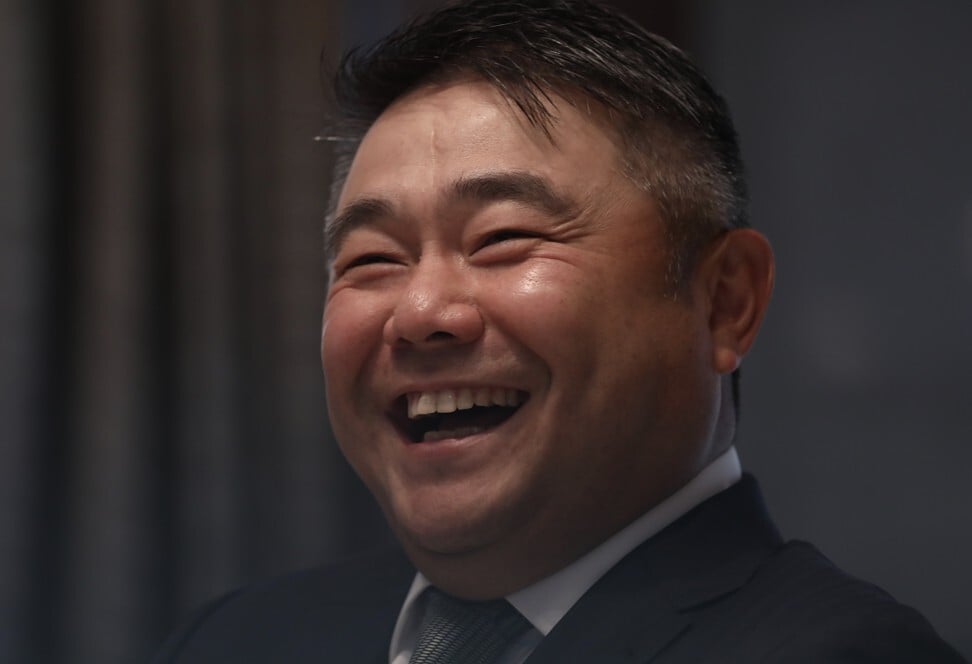
Hang Lung to start construction on Shouson Hill Road ultra luxury project, where US consulate villas stood, by year-end
- Hang Lung Properties, led by billionaire Ronnie Chan, paid HK$2.56 billion (US$330 million) for the plot at 37 Shouson Hill Road
- The ultra luxury project will only have five to six houses, each measuring 10,000 sq ft, with sweeping views of Deep Water Bay, says CEO Weber Lo
Last September, the Hong Kong-listed developer, led by billionaire Ronnie Chan Chi-chung, picked up the parcel at 37 Shouson Hill Road on which six multistorey villas stood for HK$2.56 billion (US$330 million), or HK$54,138 per square foot.
“We won’t squeeze too many flats on the site, which is quite small; instead we would like to have some five to six ultra luxury big houses, each measuring 10,000 sq ft, to match the one of a kind location,” said chief executive Weber Lo Wai-pak.
The site offers breathtaking views of Deep Water Bay and is accessible via a private driveway from Shouson Hill Road.

“It will be very rare,” said Leo Cheung, corporate development director of valuation and property management at Pruden Holdings. He added that he expects the completed houses to fetch at least HK$100,000 per square foot or HK$1 billion.
That would make it among Hong Kong’s most expensive homes, with prices similar to those on The Peak, the city’s most exclusive address. A house on 15 Gough Hill Road fetched HK$2.1 billion in 2016, while a year earlier Alibaba Group Holding’s founder Jack Ma is believed to have paid HK$1.5 billion for a house on 22 Barker Road. Alibaba owns the Post.
“There are a ton of interested buyers who have approached us even before we’ve finalised our design. If we put the project on the market today, they would be gone already,” Lo said. “We’d like to deliver a great product to fetch a higher price.”
He added that the national security law and electoral reforms have resulted in a more stable business environment. As a result investors who were on the sidelines are likely to jump into the market pushing demand for high-end residential homes in the city.
Hang Lung Properties, one of the city’s biggest retail landlords and owner of the popular Fashion Walk shopping centre in Causeway Bay, is extremely bullish on the company’s mainland retail portfolio.
“At this moment, we see more opportunities in the mainland in terms of retail properties,” said Lo.

He noted that while retail sales in the city rose 2.9 per cent year on year in July, they will not match the level seen before the anti-government protests when thousands of mainlanders visited Hong Kong every day.
The company, which launched its 10th mainland shopping centre in Wuhan in March, saw rental income of 43 million yuan (US$6.7 million) in the first three months of opening. It expects to open a commercial complex in Hangzhou in 2024 comprising a high-end shopping centre, office towers and a hotel operated by Mandarin Oriental overlooking the iconic West Lake.
“We are hoping to offer a premium social space to the rising middle class in the country where they can feel exclusive and interact with families and friends,” said Lo.
Additional reporting by Lam Ka-sing

